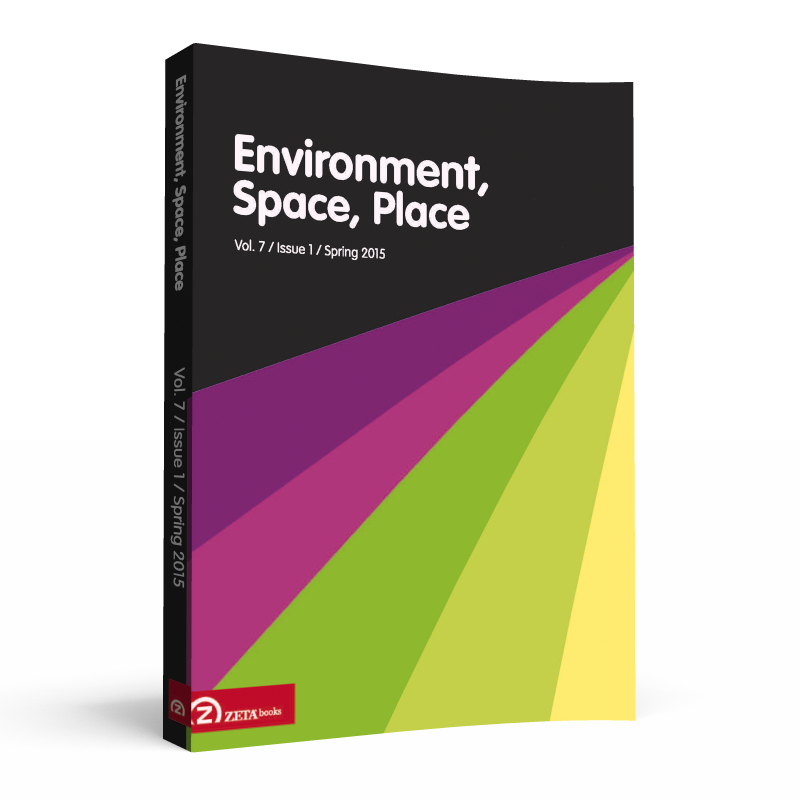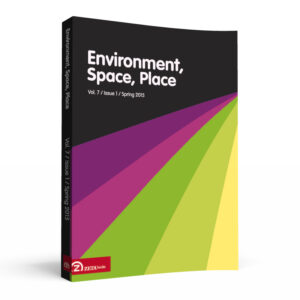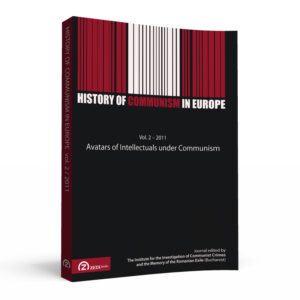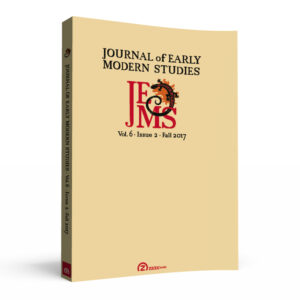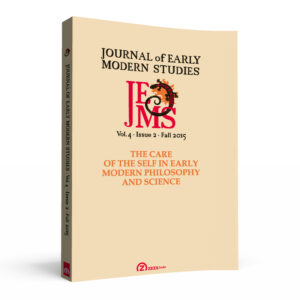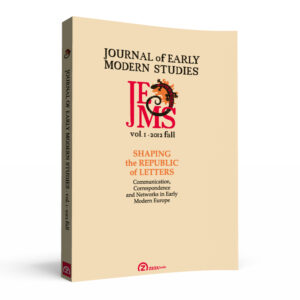CONTENTS
Elizabeth JELINEK: An Examination of Plato’s Chora
- ABSTRACT: In the Timaeus, Plato’s creation story, Plato describes an entity he refers to as the chora. The Greek word chora is translated as place, room, or space, but Plato’s descriptions of the chora are so notoriously enigmatic that there is disagreement about what, exactly, he intends to indicate by it. In this paper, I address an interpretation of the chora according to which the chora is a kind of cosmic mirror. I argue that this interpretation results in an uncharitable reading of Plato’s explanation. Alternatively, I contend that Plato conceives of the chora as space, place, and matter all at once. The upshot of my view is that it attributes to Plato a more nuanced understanding of space and place and a more coherent explanatory account.
Katrina SIMON: Re-casting the Past: Re-instating Once Broken and Tuneless Bells and the Recalling of Past Urban Landscapes
- ABSTRACT: This paper explores the perception of urban landscapes through sound, using two case studies of cities where bells played a significant role in the city, where a particular dramatic event silenced these bells, and where the act of remaking broken or tuneless bells re-creates an engagement with the lived places of the past. At Notre Dame Cathedral in Paris, newly cast bells recreate the melodious peal last heard before the French Revolution, and ChristChurch Cathedral in Christchurch, New Zealand, bells damaged by destructive earthquakes of 2011 will eventually ring out their familiar tones in an urban landscape that is physically almost unrecognisable. Both case studies demonstrate the ways that the inadvertent and the deliberate transformation of soundscapes continually interacts with ideas of place and meaning within the constantly changing city.
Annmarie ADAMS and Shelley HORNSTEIN: Can Architecture Remember? Demolition after Violence
- ABSTRACT: This paper uncovers how demolition has served as a collective way of forgetting violent pasts. It explores several examples in Canada, including the 1992 demolition of the notorious Mount Cashel Orphanage in St. John’s, Newfoundland, a building we claim was purposefully razed to the ground in order to forget egregious crimes of sexual abuse that had taken place on the site. We contend that as with other sites associated with difficult memories, this was a valiant effort to forget by removing all traces of the setting. We note that even when buildings are not demolished following violent events, echoes of their architectural forms are often recast in the forms of memorials, both real and virtual.
Matthew G. MCKAY: Reflecting on Access to Common Property Coastal Resources via a Case Study along Connecticut’s Shoreline
- ABSTRACT: Public access to the commons is often restricted, thus leading to implicit regulations (in addition to explicit barriers that exclude who can and who cannot utilize the commons). This is relevant toward spatial systems, as an important geographical issue is access to various sites over space (Heatwole and West 1980), and this paper presents varying degrees of accessibility in different places (i.e., municipal and state jurisdictions in the United States, with a particular emphasis on Connecticut’s coastline). There is a dialectic struggle to enhance access to the commons as a fundamental right of the public, with the need to balance tourism and recreational uses of coastal resources with conservation and preservation efforts. This paper will aid policy makers and those concerned with beach access in Connecticut (and beyond) better understand the nature and complexity of how citizens and officials within coastal municipalities have come to perceive, in a collective sense, their beaches/ municipal parks as common property resources to be utilized for recreational purposes while balancing environmental conservation efforts simultaneously. Various legal frameworks, as well as federal and state efforts in coastal zones in key states (including Connecticut), in addition to historically recent court cases in Connecticut resulting in legal enhancements toward increasing public access to nonresidents of specific municipalities, have shaped who can and who cannot access the commons.
Natasha LUSHETICH: Private Reconstructions of Past Collective Experiences: Technologies of Remembering-Forgetting
- ABSTRACT: Wolf Vostell’s 1966 score Yellow Pages or An Action Page presents the performer with a page from the New York Yellow Pages and suggests that they take this page as an instruction plan and during one month buy the quantities of groceries indicated in the Lebensmittelkarte [ration card] at the designated grocers only. It also suggests that they subsist that month with the indicated comestibles only. Offering an autoethnographic account of my 2013 performance of the score, this article queries the notion of performance as a sustained act of commemoration, and, thus, implicitly, atonement and forgetting. Laying aside potential considerations of guilt and/or victimisation inherent in the spatio-temporal superimposition of a World War II modality of existence on an affluent, and, by comparison, peaceful part of the world, my investigation focuses on three mutually related areas of performance: the body’s hidden somaticity, the co-becoming of the self and time; and walking as a mnemonic mechanism. Aided by the Japanese philosophers’ Shigenori Nagatomo’s concept of the hidden body and Kitaro Nishida’s theorisation of the relationship between the temporalised and the atemporal, the actual and the virtual, the spatial and the non-spatial as the continuity of discontinuity (in which continuous time, space, and memory are both determined by discontinuity and are located in discontinuity), I argue against the idea of performance as a cumulative, sedimentary and implicitly restorative poiesis-praxis. Instead, I seek to articulate the ways in which the actional, interoceptive and psychogeographic schemes generated by eating and walking intertwine to create complex patterns of individual-collective remembering-forgetting
REVIEWS
- John KAISER ORTIZ: Unruly Spaces: Lost Spaces, Secret Cities, and Other Inscrutable Geographies. By Alastair Bonnett
- Leah S. GLASER: Rethinking Rural: Global Community and Economic Development in the Small Town West. By Don E. Albrecht
- Chuck WARD: A Philosophy of Walking. By Frédéric Gros. Translated by John Howe

